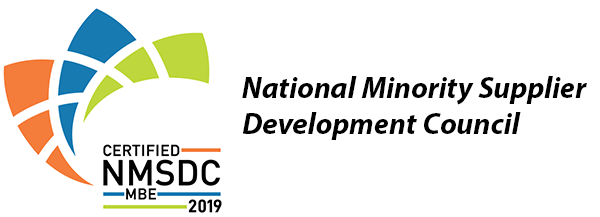In the world of electrical testing, ensuring the safety and reliability of motors is paramount. One crucial test that helps in this regard is the HiPot test, which checks the insulation integrity of motors to detect any potential breakdowns. When it comes to field testing, the choice between AC and DC HiPot tests is a crucial decision that can impact the accuracy and effectiveness of the testing process.
AC HiPot Testing
AC HiPot testing involves applying a high voltage AC current to the motor windings to check for any insulation breakdown. This test is effective in detecting weaknesses in the insulation that may lead to failures in the field. AC testing is commonly used for motors that operate on AC power systems, as it simulates the actual operating conditions more accurately.
- Pros of AC HiPot Testing:
- Simulates real-world operating conditions
- Effective in detecting insulation weaknesses
- Well-suited for AC motors
- Cons of AC HiPot Testing:
- May not detect certain types of defects
- Requires additional safety precautions due to the use of high voltage AC
DC HiPot Testing
DC HiPot testing, on the other hand, involves applying a high voltage DC current to the motor windings. This test is effective in detecting certain types of insulation defects that may go unnoticed in AC testing. DC testing is commonly used for motors that operate on DC power systems or in applications where DC motors are prevalent.
- Pros of DC HiPot Testing:
- Detects certain types of defects that AC testing may miss
- Well-suited for DC motors
- Can be more sensitive in detecting insulation breakdown
- Cons of DC HiPot Testing:
- May not simulate real-world operating conditions as accurately as AC testing
- Requires additional considerations for safety due to the use of high voltage DC
When deciding between AC and DC HiPot testing for field testing, it is essential to consider the type of motor being tested, the operating conditions it will be subjected to, and the specific defects that need to be detected. In some cases, a combination of both AC and DC testing may be necessary to ensure comprehensive testing coverage.
Ultimately, the choice between AC and DC HiPot testing depends on various factors, and each method has its advantages and limitations. To determine the best testing approach for your motors, consult with experts in the field who can provide guidance based on your specific requirements.
If you need assistance with motor repair, maintenance, or testing, contact The Pump & Motor Works, Inc. for professional services and support.



